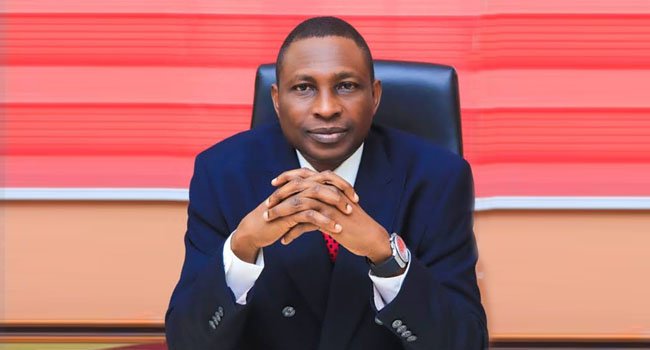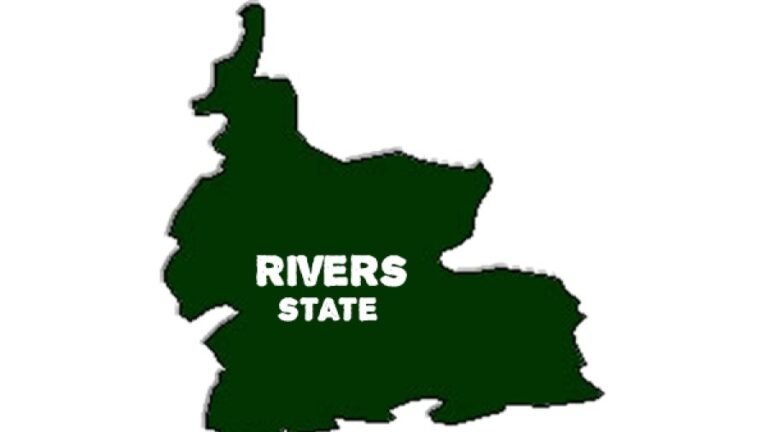Trump Cruises To South Carolina Victory In Race For Republican Nomination
Donald Trump cruised to a lightning victory Saturday in South Carolina’s Republican primary, blitzing rival Nikki Haley in her home state and continuing his march to the nomination and a White House rematch with Joe Biden in November.
Trump completed a sweep of the first four major nominating contests, converting a year of blockbuster polls into a likely insurmountable lead going into the “Super Tuesday” 15-state voting bonanza in 10 days.
Haley had vowed to fight on regardless of the outcome but Trump, seeking to move quickly from the primary to the general election, didn’t mention her once during a victory speech in which he turned his fire on Biden.
“We’re going to be up here on November 5 and we’re going to look at Joe Biden — we’re going to look him right in the eye, he’s destroying our country — and we’re going to say, Joe, you’re fired. Get out,” Trump said to cheers at his victory party in the state capital Columbia.
Haley has repeatedly questioned the 77-year-old former president’s mental fitness and warned another Trump presidency would bring “chaos,” but her efforts appeared to do little to damage his standing among Republicans.
The margin of victory was not immediately clear but US networks felt able to call the race within seconds of the polls closing, suggesting that there was little doubt over the outcome.
David Darmofal, a politics professor at the University of South Carolina, said the speed of Trump’s projected victory confirmed him as “effectively the presumptive Republican nominee for president.”

“This quick call is a bad result for former governor Haley in her home state. The quickness of the call will likely lead to additional pressure for her to drop out of the race,” he told AFP.
Haley, a popular governor of South Carolina in the 2010s and the only woman to have entered the Republican contest, was looking to outperform expectations in her own backyard and ride into Super Tuesday with the wind in her sails.
But she was never able to compete in a battleground that preferred Trump’s brand of right-wing “America first” populism and personal grievance over the four criminal indictments and multiple civil lawsuits he faces.
Trump had already won Iowa by 30 points and New Hampshire by 10, while a dispute in Nevada led to the real estate tycoon running unopposed in the first official contest in the western United States.







